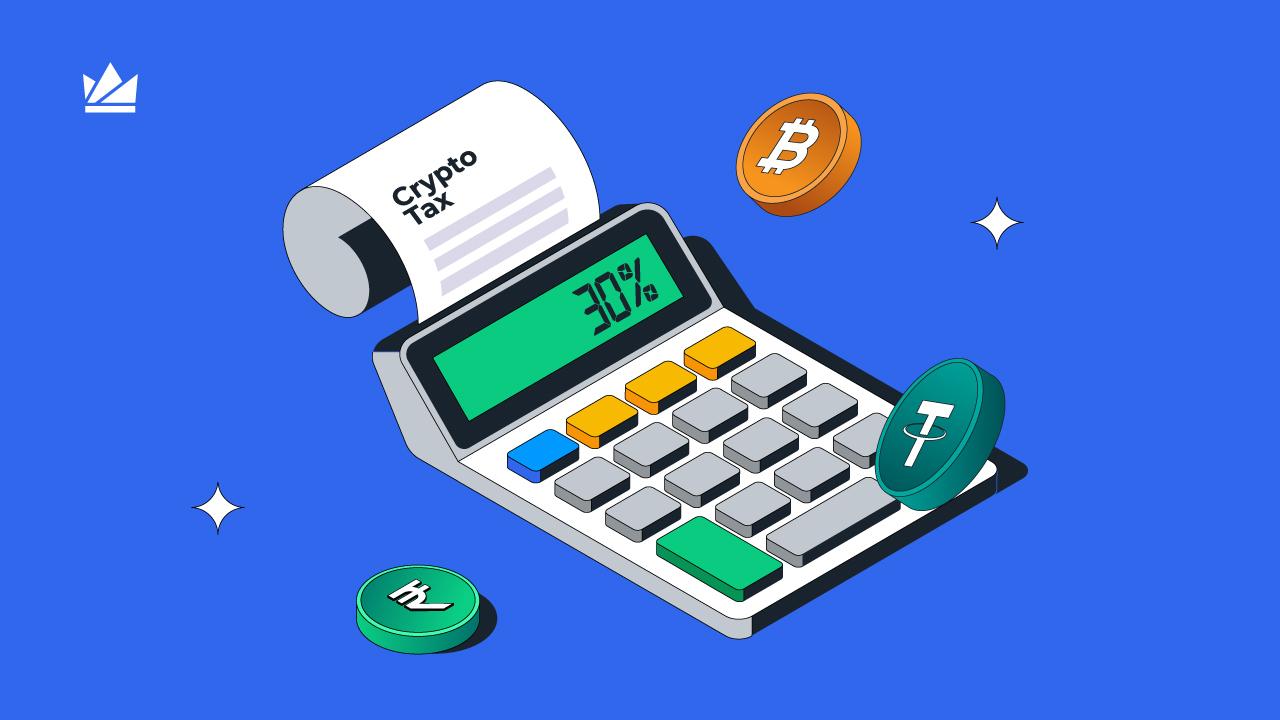The shimmering allure of a cryptocurrency airdrop – free digital assets landing in your wallet – can quickly fade when confronted by the stark reality of tax season. That unexpected windfall, a potential pathway to riches, might unexpectedly lead to a financial headache if not properly navigated. This isn’t about dampening the excitement of free crypto; it’s about ensuring you can fully enjoy those gains without the unexpected sting of an audit. This article explores the often-overlooked complexities of airdrop taxation, offering clarity and expert guidance so you can unlock the true value of your digital bounty, legally and confidently.
Decoding the Airdrop Tax Landscape
The world of cryptocurrency airdrops can feel like striking gold, but don’t let the excitement overshadow the crucial aspect of tax compliance. Understanding how these digital gifts are taxed varies significantly depending on your jurisdiction and the specifics of the airdrop. We’re here to unravel the complexities. Consider these key factors:
- Fair Market Value at Receipt: This is the pivotal moment. The value of your airdropped tokens at the time you receive them is what typically forms the basis for your tax liability. This value fluctuates wildly and requires careful monitoring.
- Holding vs. Selling: Simply receiving an airdrop doesn’t trigger a taxable event in all cases. However, the moment you sell or exchange those tokens, a capital gains tax usually comes into play. This is where accurate record-keeping becomes essential.
- Jurisdictional Differences: Tax laws around cryptocurrencies are still evolving and vary considerably from country to country. What’s considered taxable income in one nation might not be in another.
To give you a clearer picture of the potential tax implications, below is a simplified scenario overview. Remember, this isn’t exhaustive financial advice; consult a professional for personalized guidance.
| Scenario | Tax Implications (Simplified) |
|---|---|
| Received 100 XYZ tokens worth $10 each. Sold 50 at $20 each. | Taxable event upon sale of 50 tokens. Capital gains tax applies to the profit ($500). |
| Received 50 ABC tokens worth $5 each, but never sold them. | No immediate tax event; potential tax liability only arises if eventually sold. |

Strategic Tax Planning for Your Crypto Airdrops
Suddenly finding yourself richer thanks to a generous crypto airdrop is exciting, but don’t let the thrill blind you to the tax implications. Many newcomers mistakenly believe airdrops are “free money,” overlooking the fact that these digital windfalls are taxable events. Understanding how to categorize your airdrop – is it income, property, or something else? – is crucial. The value at the time of receipt is key, which means meticulously tracking not just the quantity of tokens received, but also their value in USD (or your local currency) on the specific date of the airdrop. Failing to accurately record this can lead to significant problems down the line. Remember to consider these crucial elements:
- Accurate Record-Keeping: Maintain detailed records of all airdrops, including the date, the token received, and its fair market value at the time of receipt.
- Token Classification: Determine the appropriate tax classification for your airdrop. Expert advice can help ensure accuracy.
- Capital Gains/Losses: Understand how capital gains/losses are calculated when selling your airdrop tokens.
To help you navigate this potentially complex landscape, we’ve compiled a handy table highlighting tax considerations based on different scenarios. Remember, this is for informational purposes only and shouldn’t substitute professional tax advice. Always consult with a qualified tax professional familiar with cryptocurrency regulations.
| Airdrop Scenario | Potential Tax Implications |
|---|---|
| Airdrop of a new token immediately listed on an exchange | Taxable income at fair market value at time of receipt |
| Airdrop of utility tokens with no immediate exchange listing | Potentially taxable as property, valuation can be complex |
| Airdrop received as a reward for staking | Taxable as income in most jurisdictions, specific rules apply |

Maximizing Airdrop Value: A Tax-Efficient Approach
Let’s face it: the thrill of a juicy airdrop can quickly sour if you’re unprepared for the tax implications. Many newcomers stumble into costly mistakes, overlooking crucial details and ultimately diminishing their hard-earned crypto gains. Smart tax planning isn’t about avoiding taxes; it’s about maximizing your after-tax returns. Here’s how to approach your airdrop windfall with a tax-savvy mindset:
Begin by meticulously tracking all your airdrops. This includes the date received, the token’s fair market value at the time, and the relevant exchange or blockchain where you received it. Think of this as building your own personalized cryptocurrency tax ledger. Consider utilizing dedicated crypto tax software. Remember, different jurisdictions have varying tax laws, so understanding your specific location’s regulations is non-negotiable. Here’s a quick breakdown of what to consider:
| Action | Tax Implication |
|---|---|
| Receiving Airdrop | Taxable event in most jurisdictions (at the FMV at receipt). |
| Selling Airdrop | Capital gains tax on the profit. |
| Staking Airdrop | May trigger taxable events; varies by jurisdiction. |
Remember to consult with a qualified professional for personalized guidance. Failing to plan is planning to fail. Here’s a quick checklist for you:
- Accurate Record Keeping: Maintain meticulous records of every airdrop received.
- Understand FMV: Determine the fair market value of each token at the time of receipt.
- Seek Professional Advice: Consult with a tax advisor specializing in cryptocurrency.
- Stay Updated: Crypto tax laws are constantly evolving; stay informed on the latest changes.

Preserving Your Airdrop Gains: Expert Tax Strategies
Suddenly rich from a crypto airdrop? Fantastic! But before you start planning that tropical getaway, let’s talk taxes. Understanding your tax obligations is crucial to truly maximizing your airdrop gains. Many newcomers mistakenly believe airdrops are tax-free – a costly misconception. Instead of focusing solely on the immediate thrill of a windfall, prioritize understanding the specific tax implications. This often involves determining the fair market value of your airdrop at the moment you receive it. This value, not your current holding value, is usually what’s taxed. Consider these key areas:
- Accurate Record-Keeping: Meticulously track every airdrop received, including date, quantity, and the token’s value at the time of receipt.
- Professional Guidance: Consult a tax professional specializing in cryptocurrency. They can help navigate the complexities of reporting your income and ensure compliance.
- Long-Term Strategy: Develop a long-term tax plan to minimize your tax burden while still maximizing your crypto portfolio’s growth potential.
To illustrate the potential tax scenarios, consider this simplified example:
| Scenario | Airdrop Value (at receipt) | Potential Tax Implications |
|---|---|---|
| Scenario A: Low-Value Airdrop | $50 | May fall below reporting thresholds. |
| Scenario B: Significant Airdrop | $10,000 | Significant tax liability requiring professional tax advice. |
Remember, navigating the tax landscape of crypto airdrops requires proactive planning and careful record-keeping. Don’t let unexpected tax bills erode your hard-earned airdrop profits.
The Way Forward
The allure of windfall crypto gains from airdrops is undeniable, but the path to truly unlocking their value lies in navigating the intricate landscape of tax regulations. Ignoring this crucial step risks turning potential riches into a costly headache. Remember, informed participation is the key – proactive tax planning not only protects your hard-earned digital assets but empowers you to fully appreciate the fruits of your crypto endeavors. Don’t let the thrill of the airdrop overshadow the importance of sound financial stewardship. Your future self will thank you.









